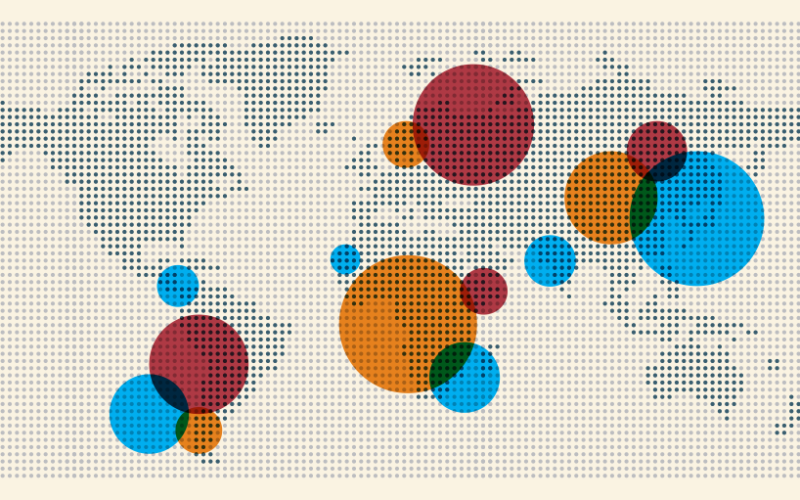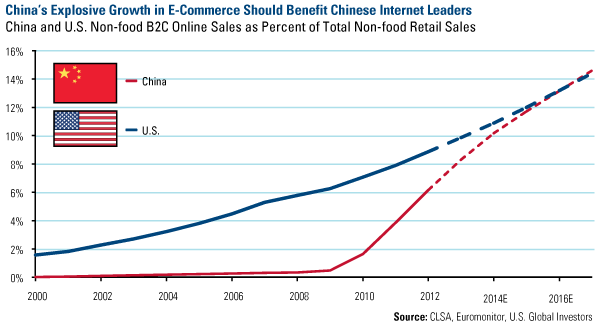Emerging Markets Radar (September 30, 2013)
Strengths
- Dedicated emerging market equity funds reported a third consecutive week of inflows, up $1.88 billion for the week ended September 25. Philippines and Indonesia were among the countries with the largest inflows relative to assets under management for the week.
- China’s September HSBC Flash PMI rose to a six-month high of 51.2, ahead of market expectations and accelerating from a 50.1 final print in August, thanks to a strong rebound in new export orders and ongoing restocking activity.
- Vietnam’s GDP accelerated to 5.54 percent year-over-year in the third quarter from 5 percent in the second quarter, as foreign investment and exports helped offset weakening domestic credit growth.
- Peru’s business confidence is on the rise according to a recent Central Bank survey. For the month of September, business confidence in the Andean nation rose to 55 percent, improving for a second month in a row. The survey highlights the percentage of companies that anticipate accelerating their investments in the following six months.
- The Czech koruna strengthened this week as the monetary policy council rejected central bank Governor Miroslav Singer’s proposal to lower rates by selling the currency into the markets. For a second meeting in a row, the monetary policy committee highlighted the recent data showing an economic recovery to keep interest rates stable.
Weaknesses
- Singapore’s industrial production growth for August came out weaker than expected at 3.5 percent year-over-year, down 1.4 percent sequentially from July, as a result of an inventory adjustment among electronics manufacturers.
- Thailand’s manufacturing production declined by a worse-than-expected 3.1 percent in August, moderating from July’s 4.9 percent drop, due to weakness in output for auto, food, and appliances.
- The Indonesian Finance Minister indicated that economic stabilization takes priority over economic growth in a government policy response to the trade balance crisis.
- Brazil’s manufacturing confidence index fell to 98 points in the month of September. The downtrend, which began in May 2013, brought Latin America’s largest economy’s manufacturing confidence index to the lowest level since July 2009.
Opportunities
- Economic confidence in the eurozone increased more than economists forecast in September, adding to signs the single-currency bloc’s recovery is gaining momentum. An index of consumer sentiment rose for a fifth month to 96.9 from a revised 95.3 in August, according to the European Commission. With euroezone economic sentiment turning up, the risk of a short-term relapse in activity is significantly lower according to Amsterdam-based ING Bank.
- The presidents of Chile, Colombia, Mexico, and Peru – member countries of the Pacific Alliance – signed a memorandum of understanding that will subscribe a formal free trade agreement by November. Following the signing of the agreement, the member countries will have a more homogeneous macroeconomic policy, thus enabling the Alliance to negotiate trade agreements as a block. The Pacific Alliance countries are recipients of 26 percent of total foreign direct inflows into Latin America.
- China’s business-to-consumer online sales are expected to grow by an annualized 34 percent over the next five years, with the non-food category expanding from 6.2 percent of total non-food retail sales in 2012 to 14.6 percent by 2017, according to CLSA Research. In addition to such enabling factors as internet and smartphone proliferation, the online payment revolution, and transportation infrastructure availability, the government plans to raise broadband penetration for mobile and fixed line from 21 percent and 31 percent, respectively, in 2012 to 85 percent and 70 percent by 2020.
Threats
- Lingering uncertainty about the Fed chairmanship and the tapering schedule of quantitative easing in the U.S. remains a major source of concern for Southeast Asian countries with sizable current account deficits in the near term, as skepticism toward any quick fix may prevent global capital from flowing back into these markets en masse.
- The possibility that the comprehensive fiscal and energy reforms in Mexico are not approved by congress are increasing the nation’s chances to disappoint, according to S&P. The credit rating agency has warned the country that it may lower its positive outlook to stable.
- A Croatian court issued a detention order for Hungarian-based MOL Chairman Zsolt Hernadi following his declining to answer questions in an ongoing fraud investigation as Hernadi failed to appear before a committee of Croatia’s Office for Suppression of Corruption and Organized Crime. The investigation continues to tarnish the nation’s largest oil company. Croatia’s ex-Premier Ivo Sanader is serving a 10-year prison term for corruption related to a 2009 agreement that gave MOL control over INA.
















